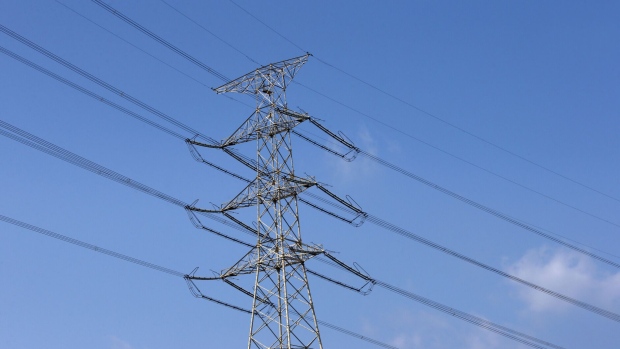May 27, 2024
Kyushu Electric Raises ¥30 Billion From Nuclear Transition Bond
, Bloomberg News

(Bloomberg) -- Kyushu Electric Power Co. raised ¥30 billion ($191 million) from Japan’s first environmental bond exclusively financing nuclear projects, getting robust demand from investors for a deal with a controversial use of proceeds.
The power company based in the country’s southernmost major island priced a dual-tranche transition bond on Tuesday, according to underwriters. It’s planning to use the funds to refinance investment in nuclear-related projects including existing emergency response centers for incidents such as a plane crash or terrorist attack.
The issuance comes as the nation’s push to become carbon neutral by 2050 has increased the appeal of nuclear energy even as it struggles to find new disposal sites for radioactive waste. Kyushu Electric previously faced limited interest in a nuclear transition bond from investors in Japan who still clearly remember the 2011 Fukushima meltdown.
The five-year tranche of the deal attracted three times as many orders as the amount raised, while the 10-year part got 1.1 times, according to one of the underwriters. For the 10-year bond, Kyushu Electric paid more than a deal of the same tenor last month to compensate for the risk of rising rates, the underwriter said.
“Strong demand for the five-year note in particular was because shorter-tenor bonds are offering attractive yields, unlike in the past,” said Dai Otsu, head of debt syndication at Daiwa Securities Co.
Corporate transition bond sales have been picking up in Japan since the government first sold such notes in February, helping create confidence in the relatively new type of debt. The Ministry of Finance sold about ¥350 billion of climate transition bonds on Tuesday.
The Kyushu Electric deal brings corporate transition bond sales to ¥175 billion so far in the April-June quarter, up from ¥35 billion and ¥56 billion in the past two quarters, Bloomberg-compiled data showed.
The utility paid 27 basis points more than Japanese government bond yields for the the five-year tranche, and 41 basis points for the 10-year tenor. Last month it sold a 10-year bond at a premium of 39 basis points.
“I hope that this deal will stimulate discussion about pros and cons of nuclear energy, and such discussion will help grow the debt market funding nuclear power-related projects,” said Shunsuke Oshida, head of credit research at Manulife Investment Management Japan.
--With assistance from Takahiko Hyuga.
(Adds demand in fourth paragraph, comment from banker in fifth.)
©2024 Bloomberg L.P.





